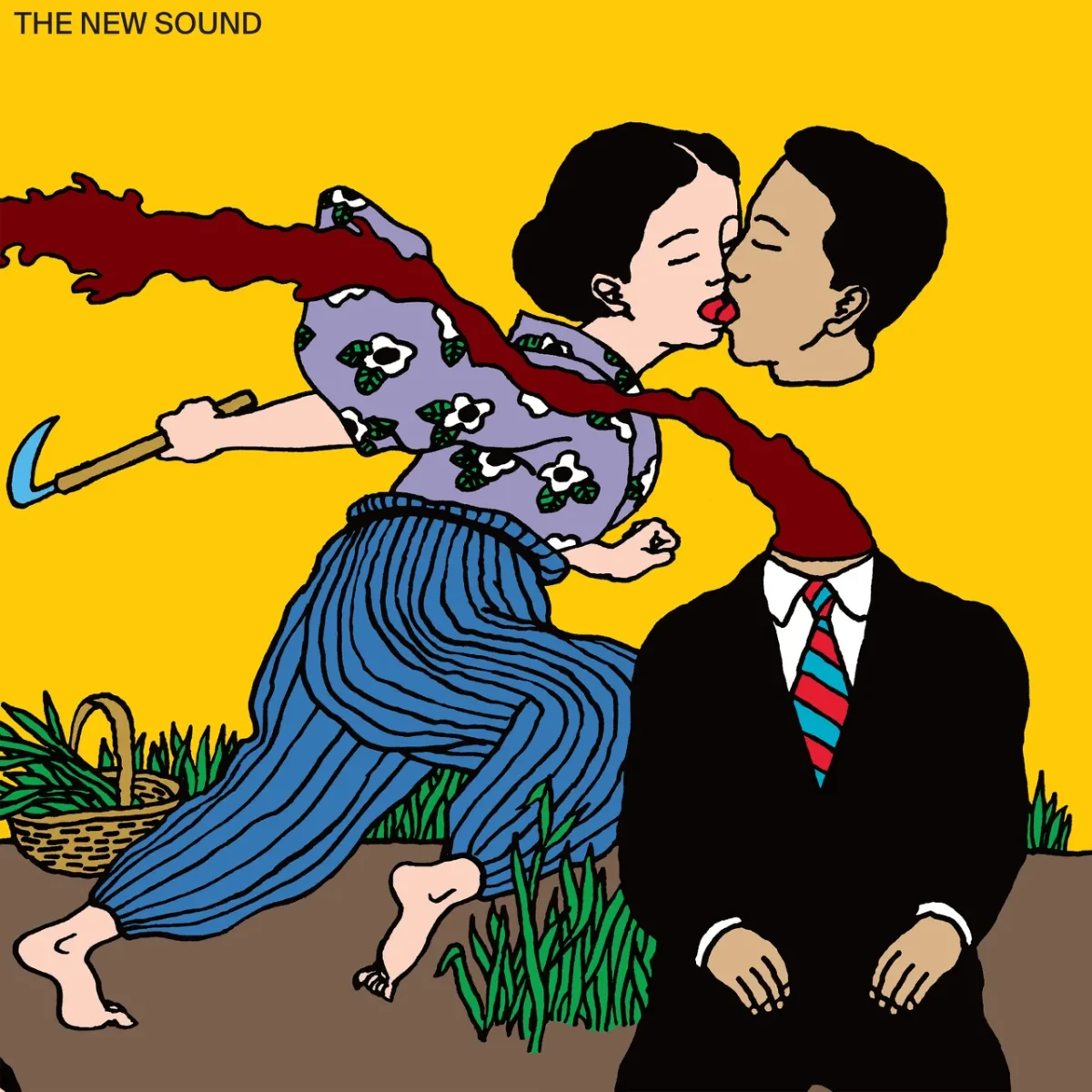When Black Midi frontman Geordie Greep unexpectedly announced that he was breaking up the band, I was shell-shocked. As a huge Black Midi fan who thought that they were just beginning their legend after 2022’s “Hellfire,” I was certainly disappointed.
I quickly recovered from my sadness over the monumental disbandment after hearing the lead single, “Holy, Holy,” off Greep’s solo album. It has a distinct slickness and swagger reminiscent of ‘80s Latin-tinged dance-rock melded with Greep’s deep character writing and signature jaggedness.
I immediately noticed a deeply theatrical, cinematic quality in Greep’s songwriting that was able to fully shine separately from the brutal, discordant insanity of Black Midi. Greep’s mellower approach to “The New Sound” leaves more room for wistful crooning and deployment of jazz techniques.
The newfound creative freedom Greep has now ultimately results in an album that feels uniquely Greep. The sounds present here give some clues as to which Black Midi songs he had a particularly heavy hand in writing.
For example, the semi-chromatic guitar picking of the album’s opener, “Blues,” draws parallels to the same techniques used in “Chondromalacia Patella” off of Black Midi’s sophomore record “Cavalcade,” although the former opts for a more developed, creeping progression as opposed to the latter’s bursts of noise.
“The Magician,” the album’s de facto climax and arguable centerpiece, was originally written with Black Midi and played during their last run of shows. Despite being written earlier than the other tracks, it fits snuggly in this album.
The lyrics recount the woes of a man left broken from his failing marriage and personal proclivities. Without going into detail, the song is deeply disturbing yet emotionally impactful, especially as the composition evolves from a looser midsection into a crashing outro.
Speaking of this character writing, Greep has fully matured his distinct and complex penmanship, developing gritty, unstable and deeply flawed personas that share deep insecurities, perversions and shattered dreams.
Whether it be the desperation and loneliness of the protagonist in “Walk Up,” backed by a fantastically noisy arrangement and progressive aggression or the unattainable romance detailed in “As if Waltz” (which, despite its name, is only a ¾ waltz for a fraction of the runtime, eventually shifting into funky madness) Greep has shown his development.
Greep has a way of weaving these stories together in a deeply satisfying way, forming a sort of loose concept album about insecure, unfulfilled and unadjusted men. Many of these plots, in fact, were inspired by the various figures Greep would interact with at bars and clubs. He obviously fully absorbed these grotesque stories and flipped them in a fleshed out way.
The album is just as musically detailed as it is lyrically exceptional. As I previously mentioned, Greep seems to be very inspired by musical theatre, sounding almost Broadway at points with his beautiful vibrato and folkish turn of phrase. Matching this energy, the chord progressions are dramatic and gorgeous.
I knew that Greep had a deep appreciation for salsa, as well as bossa nova, but you can hear the angularity of the former and the extended harmonies and modality of the latter deeply ingrained into these compositions, more so than any other project Greep has worked on.
Take, for example, the interchange of “Terra” or the zesty playing in the title track. These elements are embedded in a fully progressive rock context that I could confidently place alongside some of the greats.
If “The New Sound” is a signal of the direction that Geordie Greep is moving in, I will gladly follow that signal. If the album’s quality is any indication of Greep’s artistry, I would proudly declare him a modern-day Peter Gabriel. And if Greep continues to do his thing, you can bet that I will listen to everything he touches. This is one of the best albums of the last decade, bar none.






